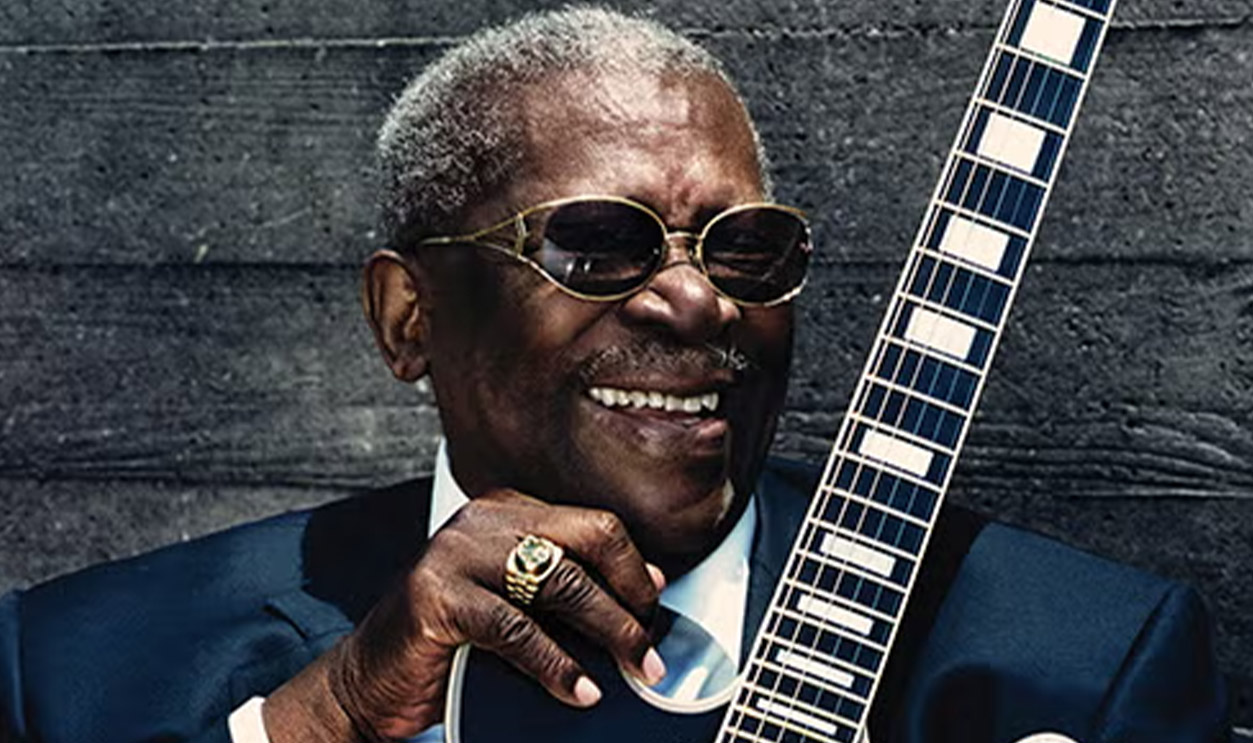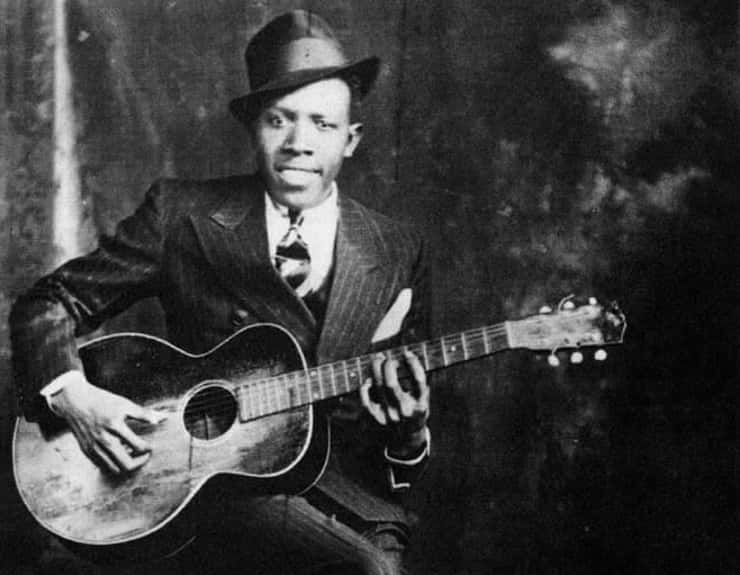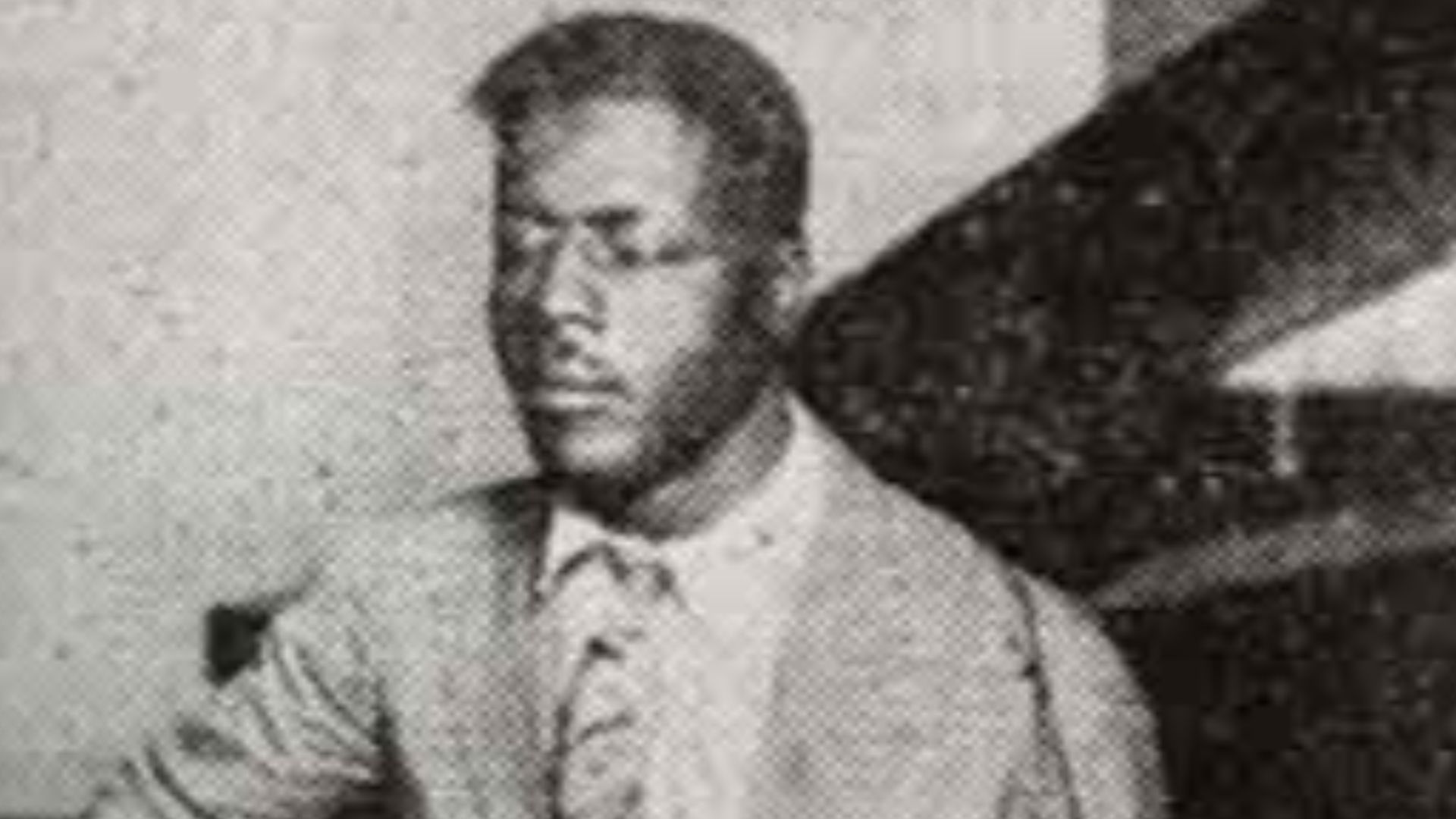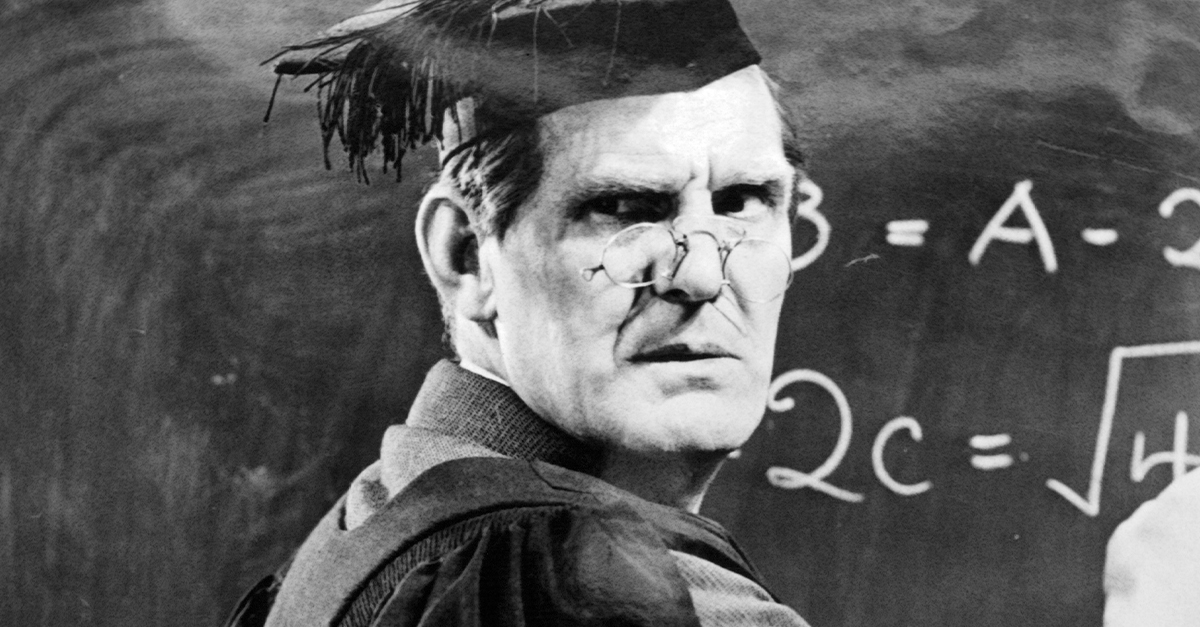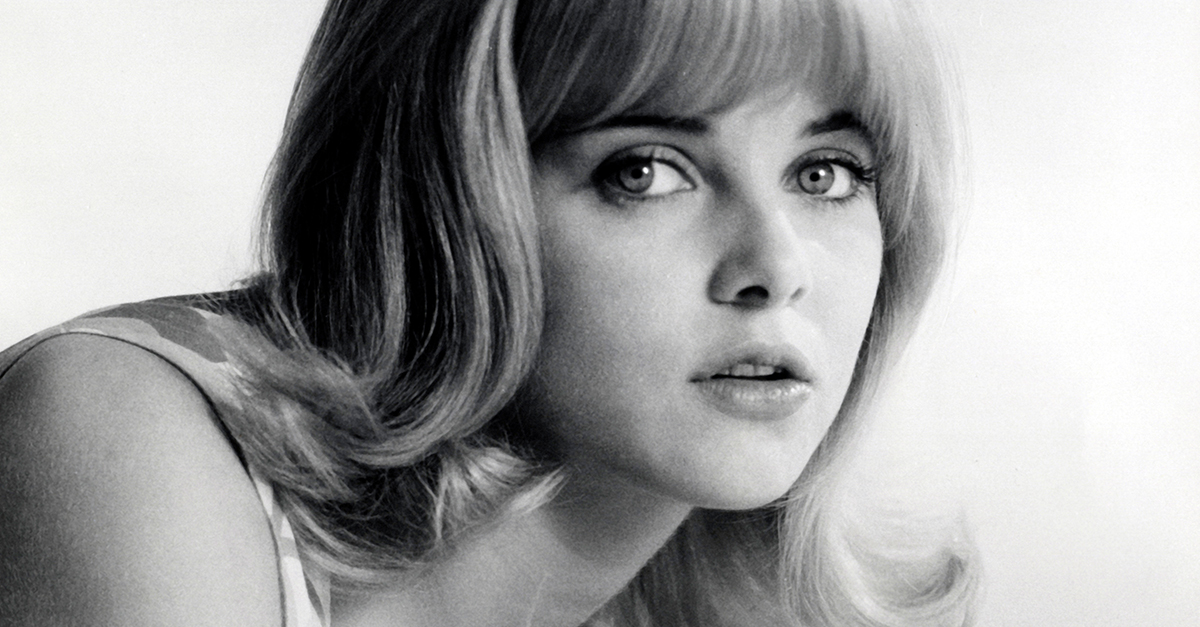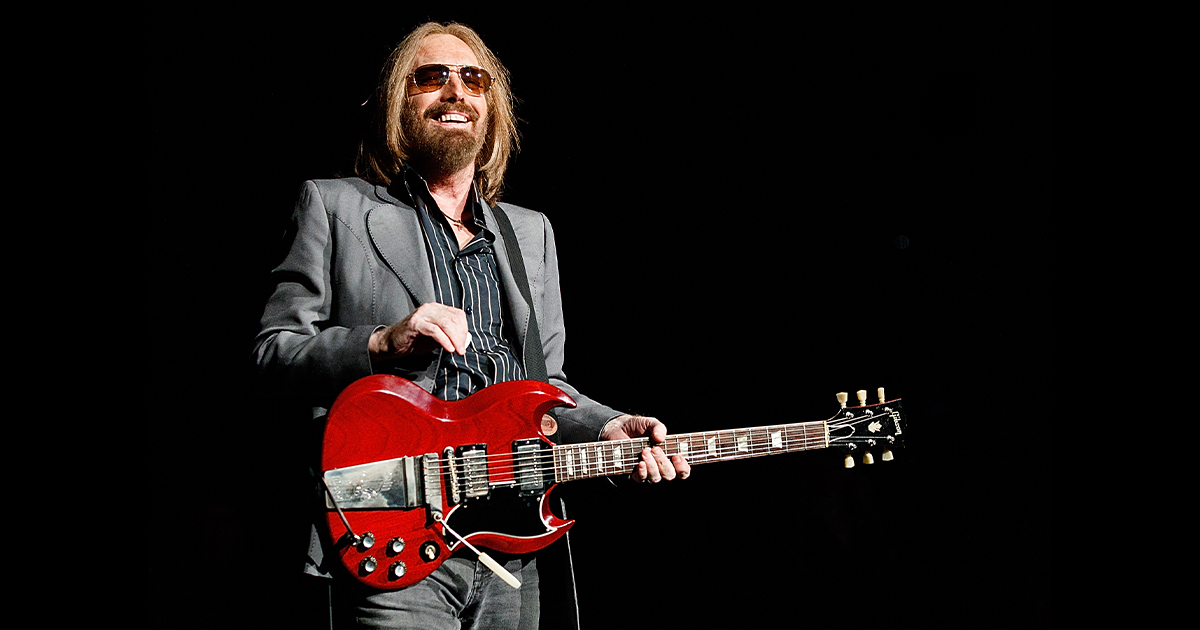From Juke Joints To Stardom: The Blues That Built Music
If music had a soul, blues would be it: raw, honest, aching, and impossible to ignore. These songs are the heavy sighs, the midnight confessions, and the one-two punch of heartbreak and hope. From dusty Delta roads to electric city stages, blues has been the backbone of so many genres and the soundtrack of so many lives. Here are 30 songs that nailed the feeling, rocked the roots, and made us feel something deep.
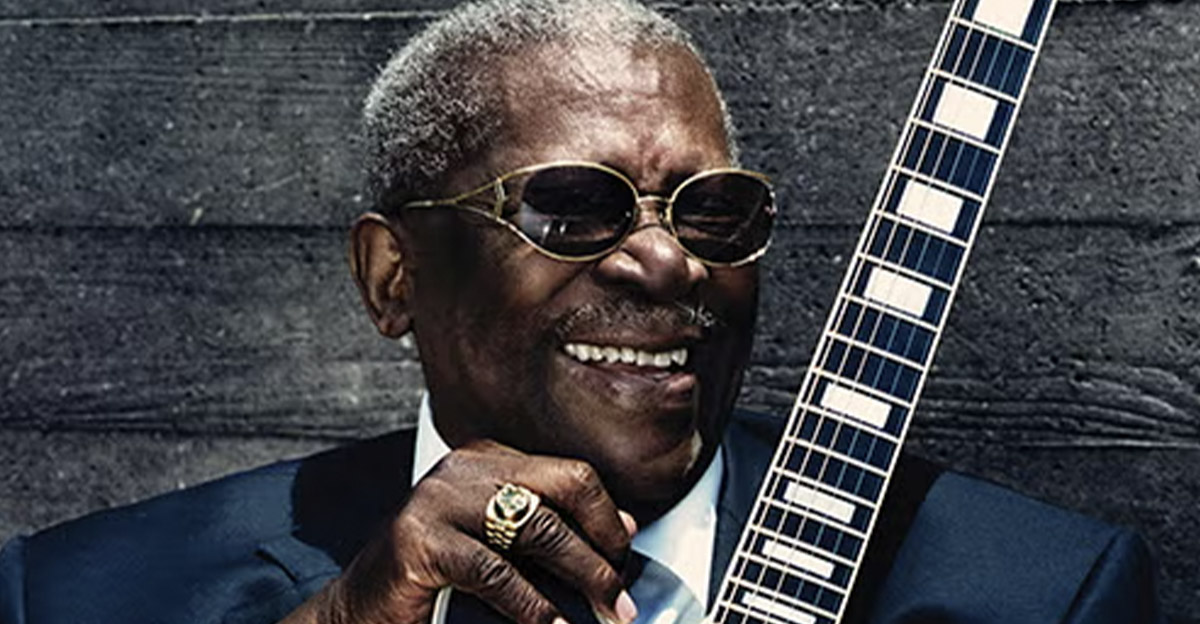
30. John Lee Hooker – “Boogie Chillen”
When Hooker first stomped his foot and shouted “Boogie Chillen,” he changed the blues forever. Recorded in 1948, it was raw, unfiltered, and electric before most of the genre even plugged in. The rhythm feels like a heartbeat and the groove pulls you in until you’re moving whether you want to or not. It’s the sound of freedom, sweat, and pure musical instinct.
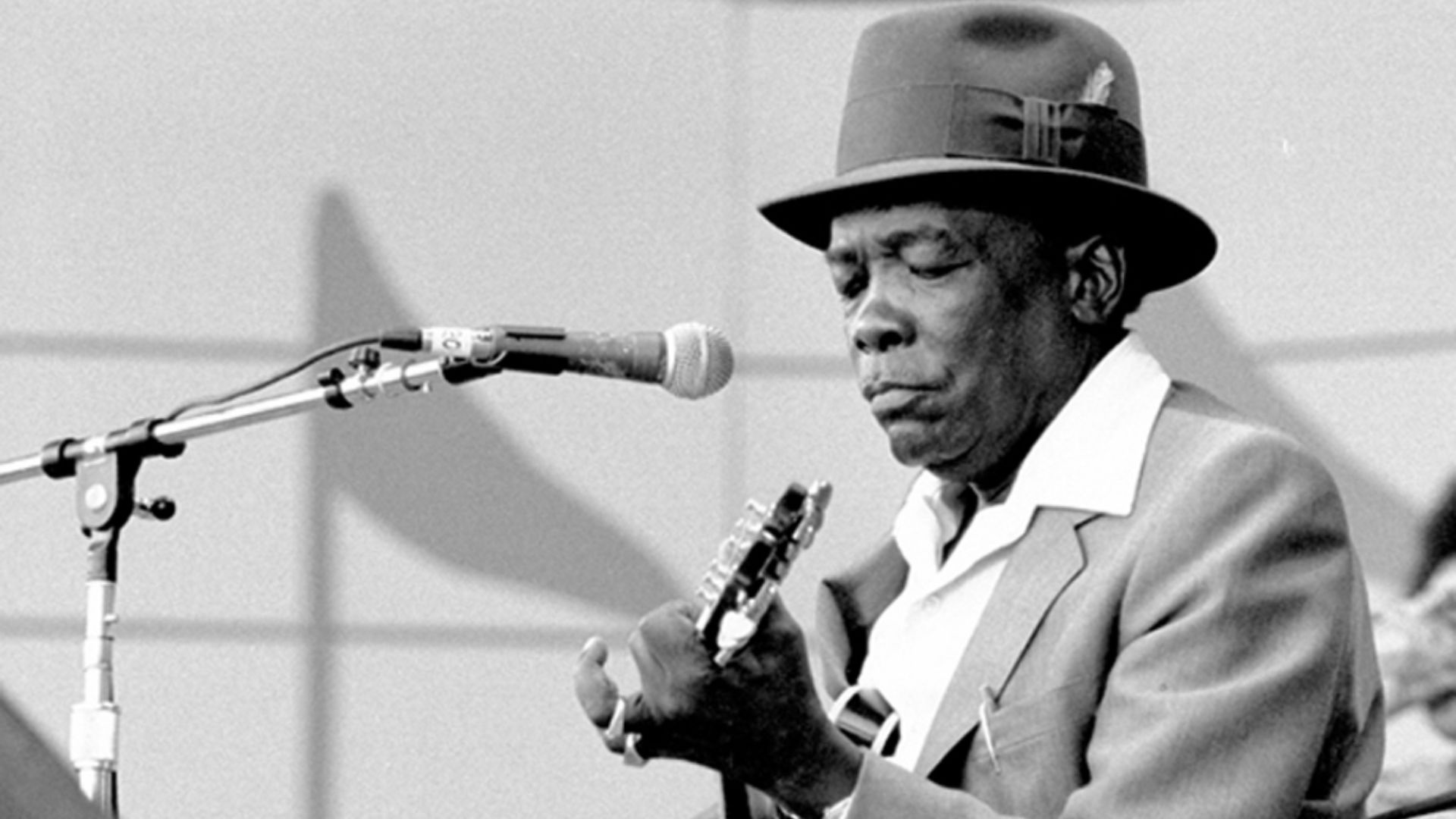 Brianmcmillen, Wikimedia Commons
Brianmcmillen, Wikimedia Commons
29. Etta James – “I’d Rather Go Blind”
Etta James poured every ounce of heartbreak into this slow-burn masterpiece. Recorded in 1967, the song is pure emotional electricity, carried by her trembling voice and the simplicity of the arrangement. “I’d Rather Go Blind” has become one of the defining love-and-loss songs of the 20th century, a staple for soul and blues singers who try, but never quite manage, to match her raw ache.
 Etta James - I'd Rather Go Blind (Live at Montreux 1975), GIGS
Etta James - I'd Rather Go Blind (Live at Montreux 1975), GIGS
28. Skip James – “Devil Got My Woman”
Skip James’s voice feels otherworldly in this 1931 recording. The falsetto trembles like a spirit on the edge of breaking, and his guitar work is hauntingly spare. It’s the kind of song that creeps into your bones. While it wasn’t widely known when released, its eerie tone influenced countless musicians decades later.
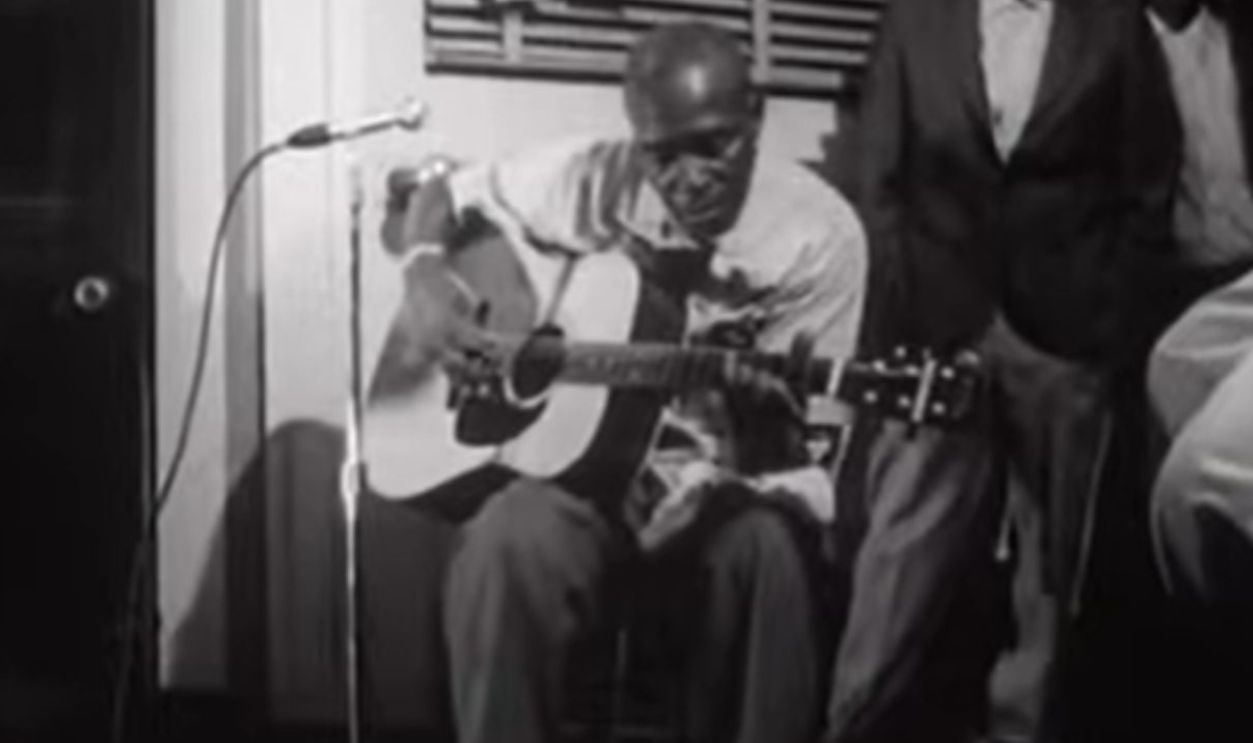 Devil Got My Woman by Skip James, GtrWorkShp
Devil Got My Woman by Skip James, GtrWorkShp
27. Koko Taylor – “Wang Dang Doodle”
Nobody could belt the blues like Koko Taylor. “Wang Dang Doodle,” written by Willie Dixon and recorded by Taylor in 1966, is part party anthem and part power statement. Her raspy growl and commanding delivery turned a simple barroom tune into a raucous celebration. It’s the sound of laughter, liquor, and late nights—and Koko made sure everyone got invited.
 Wang Dang Doodle - Koko Taylor w Little Walter 1967, 2shooz
Wang Dang Doodle - Koko Taylor w Little Walter 1967, 2shooz
26. John Lee Hooker – “Boom Boom”
Few songs capture flirtation and rhythm quite like “Boom Boom”. With a sly smile in his voice, Hooker laid down a groove that’s both playful and hypnotic. The song’s structure is simple but addictive, and it became one of his defining hits. It’s proof that you don’t need fancy chords to make people move, just swagger and soul.
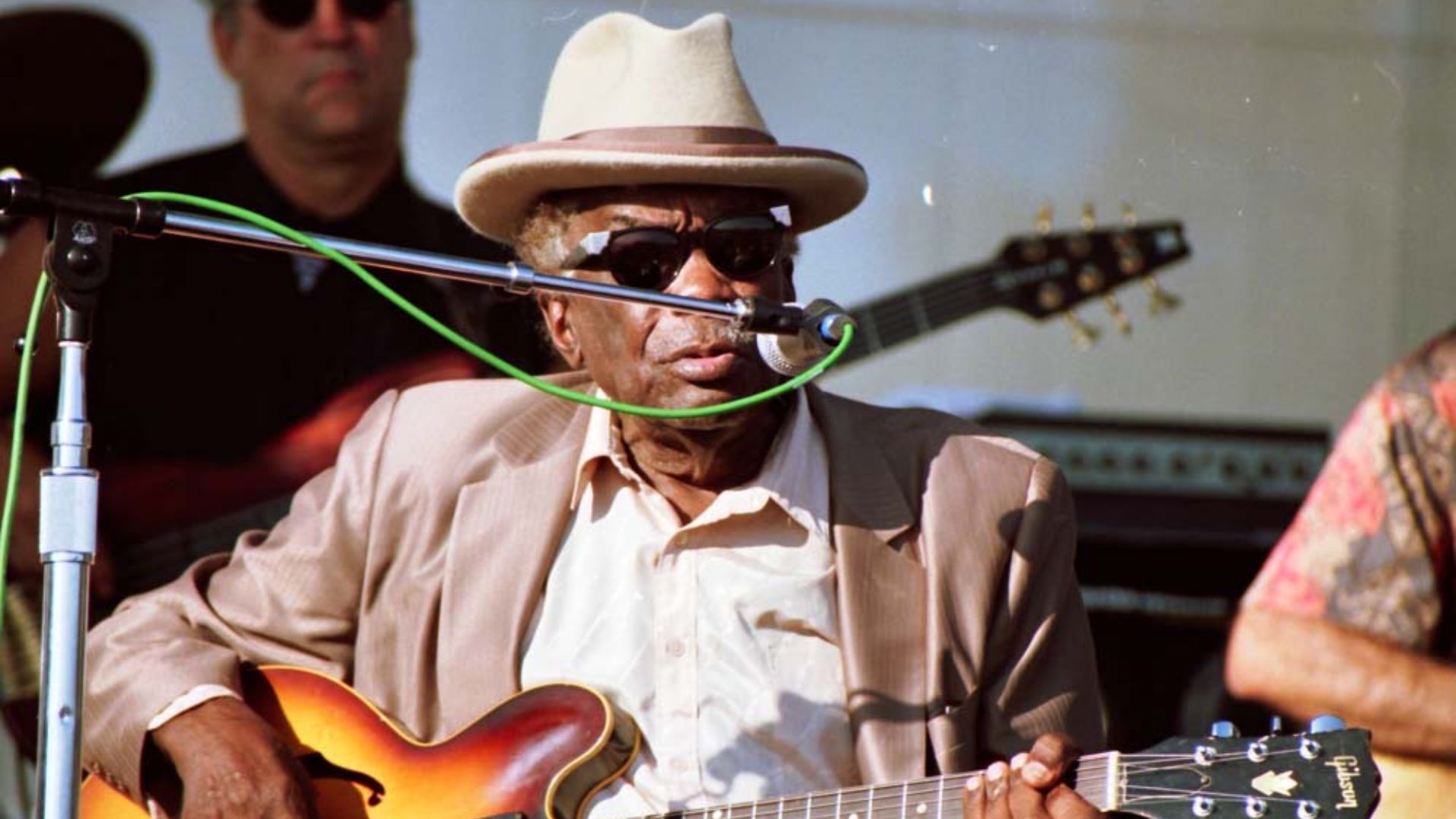 Masahiro Sumori, Wikimedia Commons
Masahiro Sumori, Wikimedia Commons
25. Robert Johnson – “Hellhound On My Trail”
This 1937 recording is blues as folklore, full of fear, faith, and a sense of something chasing you just out of sight. Johnson’s guitar wails like a ghost, and his voice feels pulled from the shadows. The song’s mythic weight grew over time, becoming symbolic of the haunting, haunted nature of the blues itself.
24. Muddy Waters – “Mannish Boy”
When Muddy Waters declared “I’m a man,” it wasn’t a boast—it was a statement of power. “Mannish Boy,” recorded in 1955, is a call-and-response powerhouse that set the stage for rock ’n’ roll’s attitude. The groove stomps with confidence, and Waters’ delivery makes you want to follow him straight into battle.
 Muddy Waters & The Rolling Stones - Mannish Boy - Live At Checkerboard Lounge, The Rolling Stones
Muddy Waters & The Rolling Stones - Mannish Boy - Live At Checkerboard Lounge, The Rolling Stones
23. T-Bone Walker – “Stormy Monday”
“Stormy Monday” drifts in like a slow sigh after a long week. T-Bone Walker’s elegant guitar phrasing and smooth vocal delivery made this one of the most sophisticated blues ballads ever. The melody walks that perfect line between polished and painful. Decades later, everyone from the Allman Brothers to BB King paid homage to it, solidifying its eternal cool.
 T-Bone Walker w/ Jazz At The Philharmonic - Live in UK 1966, xraymusicdotcodotuk
T-Bone Walker w/ Jazz At The Philharmonic - Live in UK 1966, xraymusicdotcodotuk
22. Blind Willie McTell – “Statesboro Blues”
Blind Willie McTell’s “Statesboro Blues” has an easy, rolling rhythm that feels like the open road. His 12-string guitar adds shimmer and depth, while his relaxed phrasing gives the song an effortless charm. The Allman Brothers Band later electrified it, but McTell’s original remains the true heart of the song—a timeless reminder of where Southern rock got its soul.
 Michael Ochs Archives, Getty Images
Michael Ochs Archives, Getty Images
21. Son House – “Death Letter Blues”
Few songs hit harder than this. Son House recorded “Death Letter Blues” in the 1960s, but it carries the soul of much older Delta blues. His raw voice and slide guitar conjure a scene of grief so vivid you can almost see the mourners. It’s pure emotional catharsis, the blues distilled to its essence.
 Son House - Death Letter Blues (Live), SONHOUSEVEVO
Son House - Death Letter Blues (Live), SONHOUSEVEVO
20. Slim Harpo – “I’m A King Bee”
This swampy 1957 classic slides along with confidence and a wink. Slim Harpo’s lazy delivery and harmonica groove ooze cool, and the song’s mix of humor and sensuality made it irresistible. It’s been covered by everyone from Muddy Waters to the Rolling Stones, proof that even the smoothest blues can sting.
 Michael Ochs Archives, Getty Images
Michael Ochs Archives, Getty Images
19. Jimi Hendrix – “Red House”
When Hendrix released “Red House” in 1967, he wasn’t reinventing the blues, he was reminding everyone where he came from. His guitar bends, cries, and howls through every phrase, and his voice carries that same mix of heartbreak and swagger. The song bridges traditional blues and modern rock, showing how timeless emotion can sound through a Fender Stratocaster.
 The Jimi Hendrix Experience - Red House - Live at Stockholm 1969 Excellent Quality, PlungByur
The Jimi Hendrix Experience - Red House - Live at Stockholm 1969 Excellent Quality, PlungByur
18. Howlin’ Wolf – “Smokestack Lightning”
No one growled like Howlin’ Wolf. “Smokestack Lightning,” recorded in 1956, feels primal, hypnotic, and unstoppable. His voice and guitar mimic each other like fire and smoke, creating something that’s equal parts menace and beauty. It’s the kind of song that makes you lean in, even if you don’t understand a word.
 Howlin' Wolf - Smokestack Lightning Live 1964, Radio Kekik
Howlin' Wolf - Smokestack Lightning Live 1964, Radio Kekik
17. Memphis Minnie – “Me And My Chauffeur Blues”
Memphis Minnie wasn’t just one of the best female blues musicians, she was one of the best, period. “Me and My Chauffeur Blues,” recorded in 1941, is bold and witty, full of double meaning and attitude. Her voice is confident, her guitar crisp, and the message clear: she’s driving this ride, and she knows exactly where she’s going.
 Donaldson Collection, Getty Images
Donaldson Collection, Getty Images
16. Muddy Waters – “Hoochie Coochie Man”
With a deep, commanding groove and lyrics steeped in blues mysticism, “Hoochie Coochie Man” became one of Muddy’s signature songs. Written by Willie Dixon in 1954, it’s part spell, part boast, and all swagger. Every beat and pause oozes confidence. This was the sound of Chicago blues taking charge of the world.
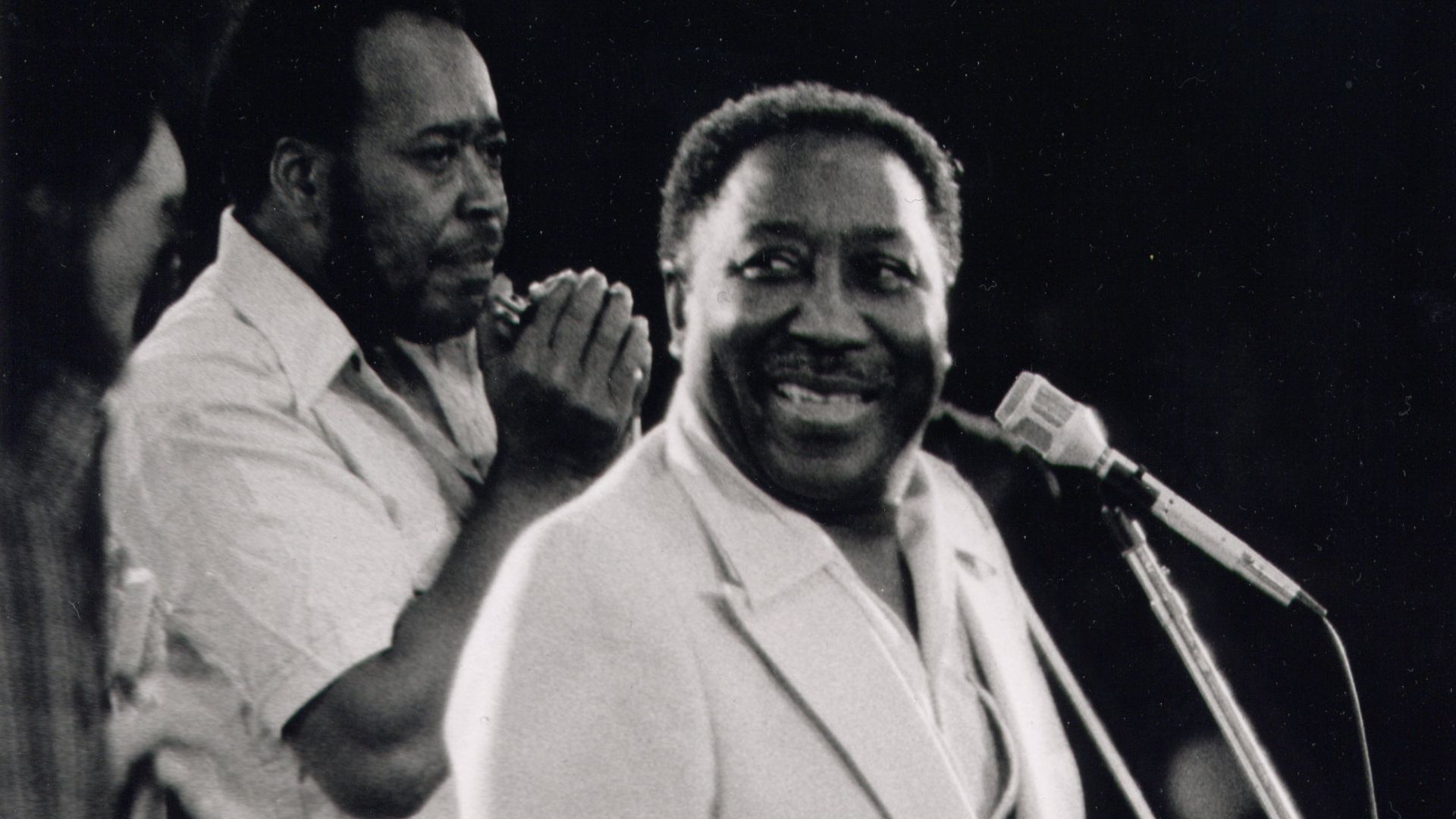 Jean-Luc Ourlin, Wikimedia Commons
Jean-Luc Ourlin, Wikimedia Commons
15. Elmore James – “Dust My Broom”
If the blues had a national anthem, Elmore James’s “Dust My Broom” would be in the running. That opening slide riff is legendary, ringing like a warning shot. The song combines heartbreak with motion, as James vows to move on. His raw emotion and groundbreaking guitar work made him one of the architects of modern blues.
 Michael Ochs Archives, Getty Images
Michael Ochs Archives, Getty Images
14. Albert King – “Born Under A Bad Sign”
Albert King’s smooth guitar tone and weary vocals make “Born Under a Bad Sign” the ultimate anthem for bad luck. Released in 1967, it became one of the defining songs of the electric blues era. King’s playing was so influential that entire generations of rock guitarists—Clapton, Vaughan, and more—owe him a debt for this one.
 Albert King and Stevie Ray Vaughan - Born Under A Bad Sign (HD), Gustavo Freire
Albert King and Stevie Ray Vaughan - Born Under A Bad Sign (HD), Gustavo Freire
13. Robert Petway – “Catfish Blues”
Simple, steady, and soulful, “Catfish Blues” is a cornerstone of Delta tradition. Recorded around 1941, it’s been reinterpreted countless times by everyone from Muddy Waters to Jimi Hendrix. Petway’s version swims in subtle rhythm and sly emotion, proving that a good groove never ages.
 Gary Clark, Jr. Performs Catfish Blues at In Performance at the White House, infomisa
Gary Clark, Jr. Performs Catfish Blues at In Performance at the White House, infomisa
12. Otis Rush – “Working Man”
Otis Rush brought intensity and class to everything he played. “Working Man” captures the daily grind, mixing pride with exhaustion. His vocals strain in all the right ways, and his guitar feels like a second voice. The song’s emotional honesty made it resonate deeply with audiences who understood the struggle it describes.
 Jack Vartoogian/Getty Images , Getty Images
Jack Vartoogian/Getty Images , Getty Images
11. Blind Willie Johnson – “Dark Was The Night, Cold Was The Ground”
No lyrics, no band, just Johnson’s slide guitar and his wordless moans. Recorded in 1927, this track transcends language, expressing pure longing and pain. Its haunting sound was sent into space on the Voyager Golden Record as a portrait of human emotion. It’s proof that sometimes silence says the most.
10. Robert Johnson – “Cross Road Blues”
Whether or not he really met the devil at the crossroads, Johnson captured something mystical with “Cross Road Blues”. His playing is quick and intricate, his singing haunted and urgent. Recorded in 1936, it’s the stuff of legend, and its influence stretches from Eric Clapton to Led Zeppelin. This song didn’t just define a myth—it defined the blues itself.
 Robert Johnson - Robert Johnson's Cross Road Blues (Official Video), RobertJohnsonVEVO
Robert Johnson - Robert Johnson's Cross Road Blues (Official Video), RobertJohnsonVEVO
9. Robert Johnson – “Me And The Devil Blues”
This one is darker still. Johnson sings of the devil knocking at his door, his voice half-fearful and half-defiant. The guitar lines slither and twist around the lyrics, building an atmosphere of doom. It’s haunting, intimate, and entirely unforgettable.
 Eric Clapton: Me and the Devil, Ovation
Eric Clapton: Me and the Devil, Ovation
8. Little Walter & His Jukes – “My Babe”
When harmonica genius Little Walter turned “This Train” into “My Babe” in 1955, he struck gold. The song’s upbeat rhythm, sharp harmonica lines, and joyful energy made it a massive hit and a blues standard. It’s catchy, confident, and cool—everything a great blues tune should be.
 Little Walter My Babe, TheChoke77
Little Walter My Babe, TheChoke77
7. Freddy King – “I’m Tore Down”
Freddy King didn’t just sing the blues, he attacked it. “I’m Tore Down” showcases his fiery guitar work and powerful voice, both full of urgency and emotion. The song became a staple of electric blues and an inspiration for countless rock guitarists. King could make even misery sound explosive.
 Freddie King - I'm Torn Down (Live), FREDDIEKINGVEVO
Freddie King - I'm Torn Down (Live), FREDDIEKINGVEVO
6. Blind Lemon Jefferson – “Matchbox Blues”
Jefferson’s 1927 recording of “Matchbox Blues” might be over 90 years old, but it still sounds fresh. His nimble guitar picking and storytelling lyrics made him one of the earliest blues stars. The song’s rhythm and phrasing helped shape the sound of early rock ’n’ roll decades later.
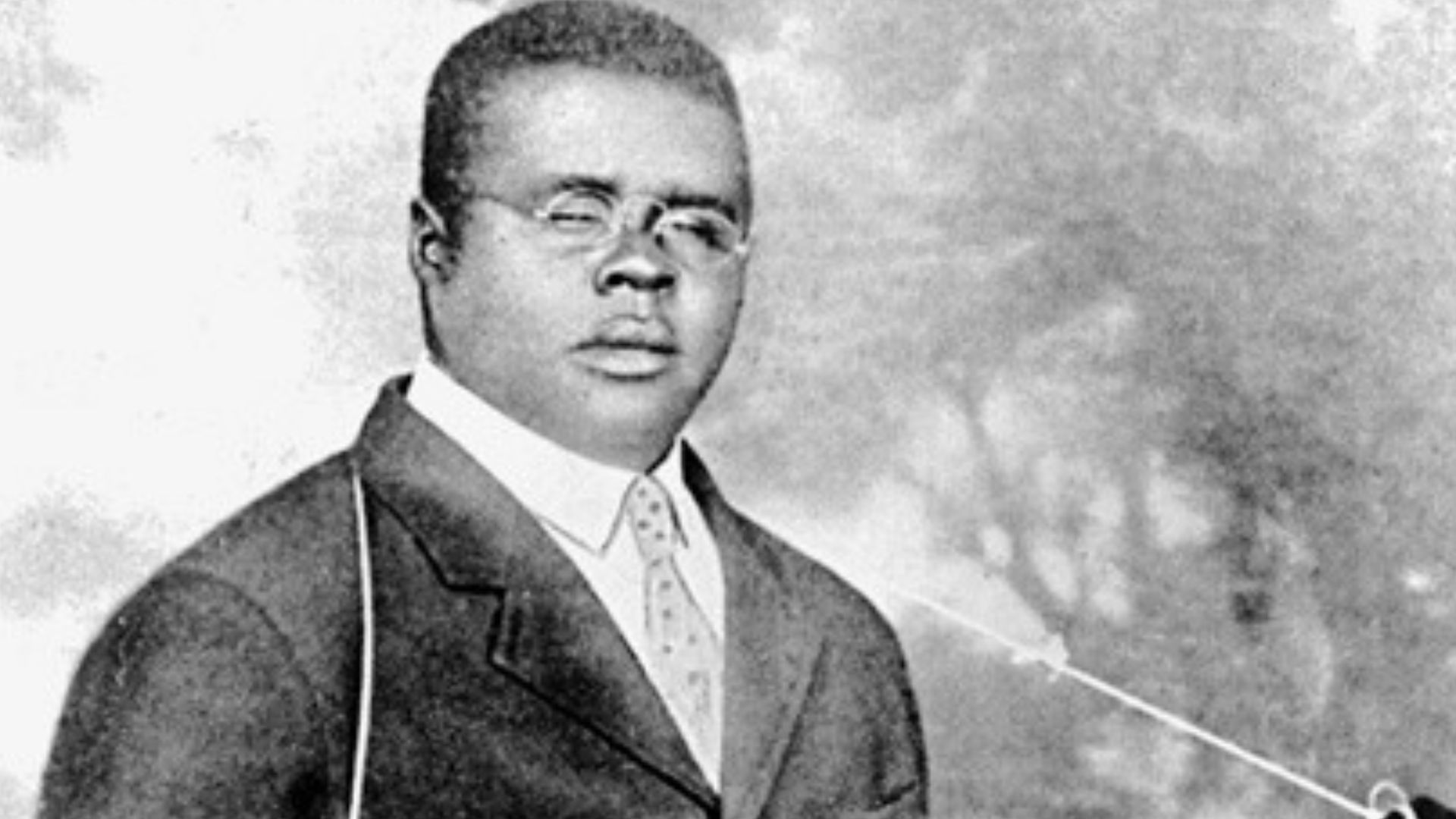 Unknown authorUnknown author, Wikimedia Commons
Unknown authorUnknown author, Wikimedia Commons
5. BB King – “The Thrill Is Gone”
When BB King sings “The thrill is gone,” you believe him. Released in 1969, this is one of the most recognizable blues songs ever recorded. King’s guitar Lucille cries right along with him, every note aching with regret. It marked a turning point for the blues, blending sophistication with raw emotion, and became King’s signature hit, cementing his legacy as its modern ambassador.
 B.B. King - The Thrill Is Gone [Crossroads 2010] (Official Live Video), RHINO
B.B. King - The Thrill Is Gone [Crossroads 2010] (Official Live Video), RHINO
4. Big Joe Williams – “Baby Please Don’t Go”
“Baby Please Don’t Go” is one of the most covered blues songs in history. Big Joe Williams’s original 1935 version is raw and desperate, driven by his wild nine-string guitar. Later covers by Them and AC/DC took it into rock territory, but the soul of the song belongs to Joe; it’s pure emotional pleading.
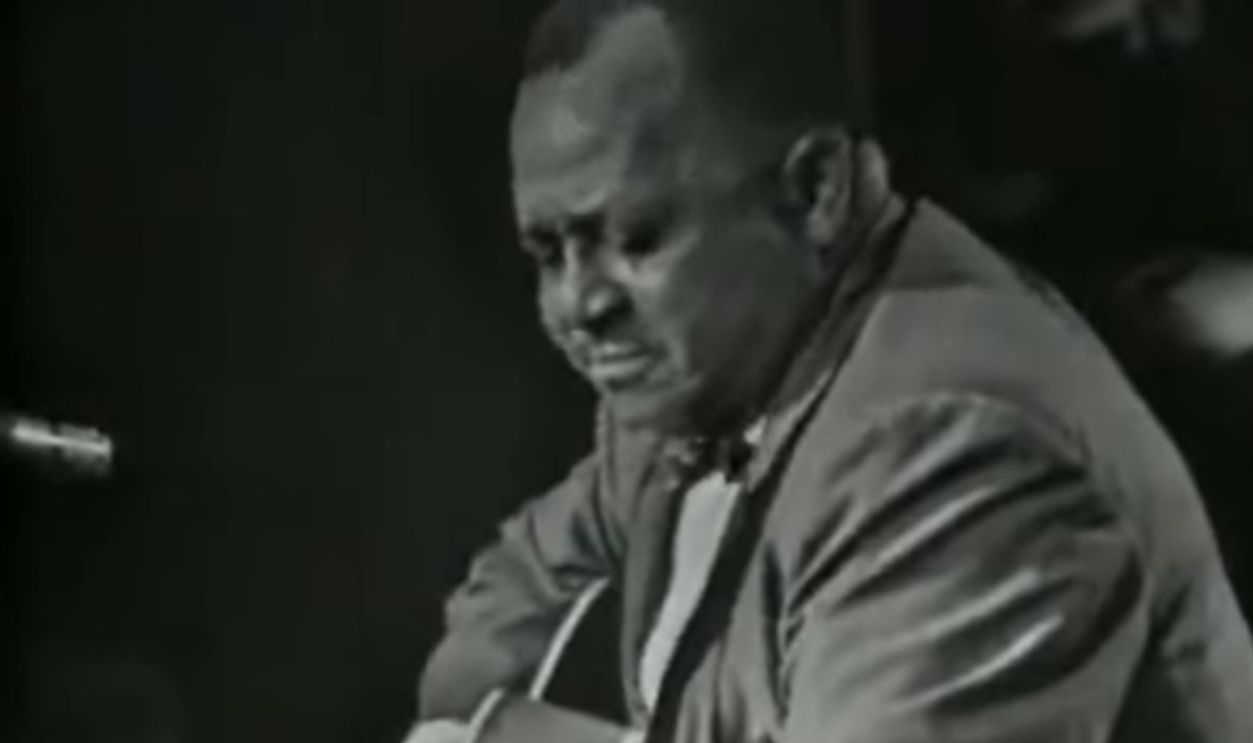 Big Joe Williams - Baby Please Don't Go, beralts
Big Joe Williams - Baby Please Don't Go, beralts
3. Bobby “Blue” Bland – “Stormy Monday Blues”
Bobby “Blue” Bland brought sophistication and smooth emotion to the blues, and his rendition of “Stormy Monday Blues” shows why he was often called the “Lion of the Blues.” Released in 1962, his version of T-Bone Walker’s classic blends soul, gospel, and jazz influences into a velvety, heartbreaking masterpiece. Bland’s voice aches with longing, but it’s also full of quiet strength. His smooth phrasing and lush instrumentation helped bridge traditional blues and modern soul, leaving a mark on generations of vocalists.
 Bobby Blue Bland - Stormy Monday, malacomg
Bobby Blue Bland - Stormy Monday, malacomg
2. Big Mama Thornton – “Hound Dog”
Before Elvis made it a rock ’n’ roll anthem, Big Mama Thornton gave “Hound Dog” its growl, swagger, and soul. Recorded in 1952, her version is raw and defiant, a no-nonsense takedown delivered with thunderous vocals and sly humour. It hit number one on the Billboard R&B chart and stayed there for seven weeks, selling nearly two million copies. Thornton’s commanding performance turned a simple blues lyric into a battle cry for independence and attitude, setting the standard for countless artists who followed.
 Big Mama Thornton Hound Dog, Rock n Roll
Big Mama Thornton Hound Dog, Rock n Roll
1. Bessie Smith – “Nobody Knows You When You’re Down And Out”
Bessie Smith was already the Empress of the Blues when she recorded this in 1929, but the timing made it legendary. Released right before the Great Depression, the song’s lyrics about losing wealth and friends hit hard. Her powerful voice carries both sorrow and resilience. It remains one of the most poignant songs about human pride and survival ever recorded.
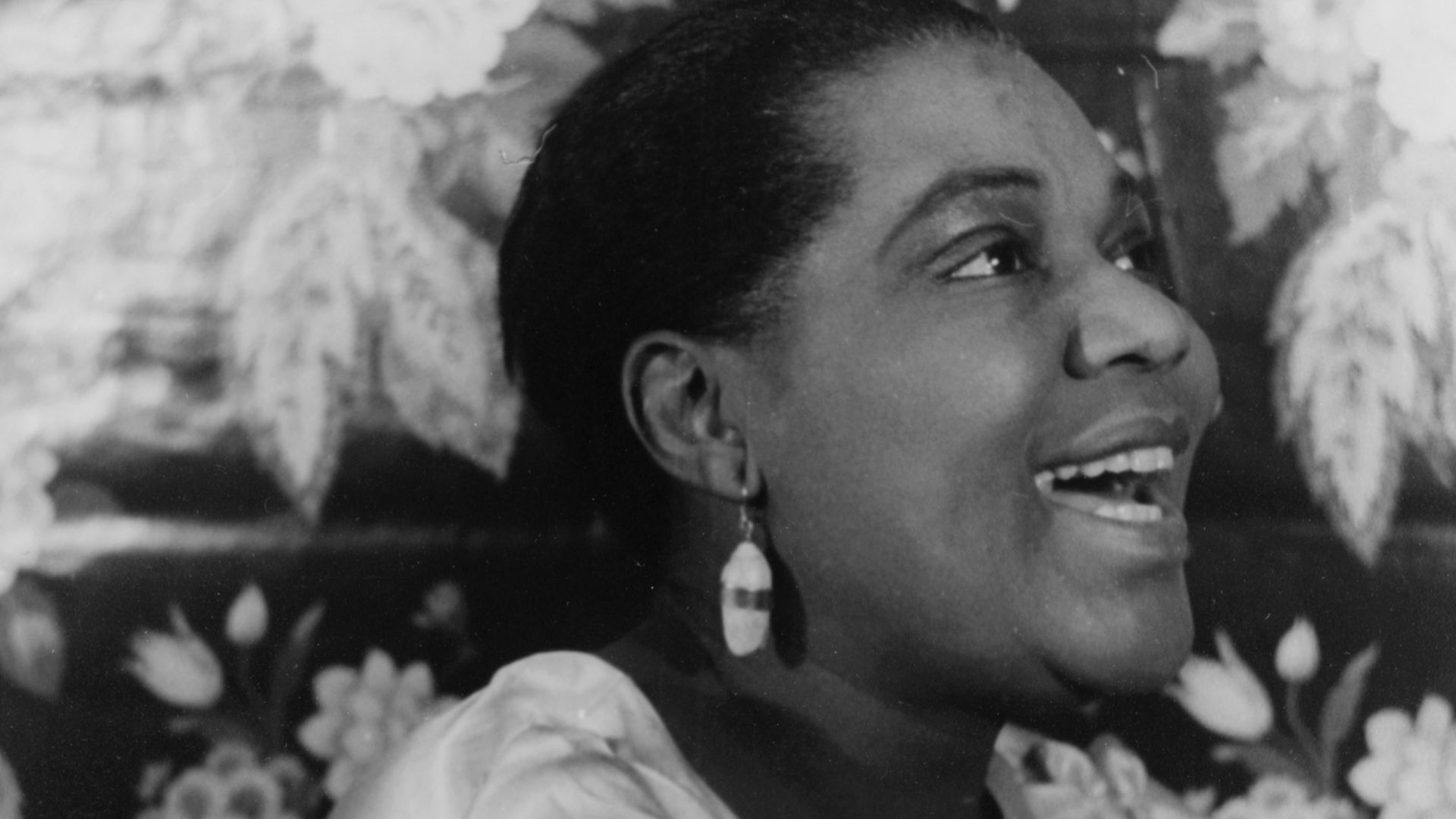 Carl Van Vechten, Wikimedia Commons
Carl Van Vechten, Wikimedia Commons
You May Also Like:
The Tragic Life Of Bessie Smith, The Empress Of The Blues
The Scandalous Life Of Jazz's Valaida Snow
Bluesy Facts About “Big Mama” Thornton, The First Rock And Roller

